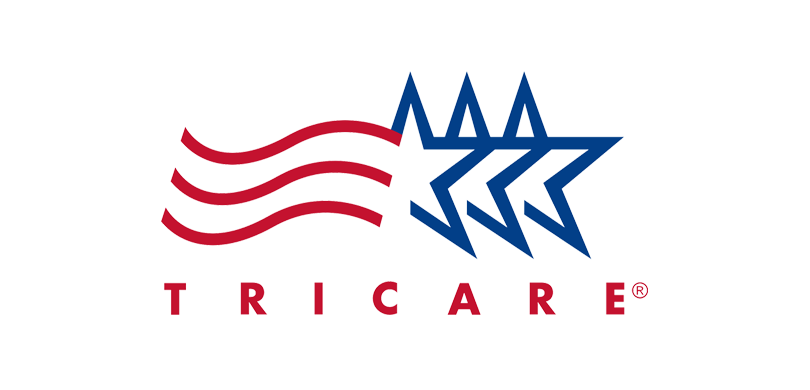Motivational Interviewing (MI)
Summary
What is Motivational Interviewing?
Motivational Interviewing (MI) is a counseling approach that focuses on helping individuals explore and resolve their ambivalence about making positive changes in their lives. It is often used in the context of substance abuse treatment, but can be applied to a wide range of behaviors and issues.
MI is a collaborative and client-centered approach that recognizes the individual’s autonomy and encourages them to identify their own reasons for change. The therapist works with the client to explore their goals, values, and motivations, and helps them to identify the obstacles that may be preventing them from making positive changes.
The approach is designed to help individuals move from a state of uncertainty or ambivalence to a place of motivation and commitment to change. MI uses techniques such as open-ended questions, reflective listening, affirmations, and summarizing to help clients explore their thoughts, feelings, and behaviors in a non-judgmental and supportive environment.
Overall, the goal of MI is to empower individuals to make positive changes in their lives by helping them to develop their own motivation and commitment to change. It is a highly effective approach for individuals who may be resistant to change, as it is focused on helping them to identify their own reasons for change rather than imposing external pressures or mandates.
Who would benefit from MI?
Motivational Interviewing (MI) can be beneficial for individuals who are experiencing ambivalence or resistance to making positive changes in their lives. This can include individuals struggling with substance abuse, but also those dealing with other issues such as mental health concerns, chronic health conditions, or unhealthy behaviors.
MI is particularly effective for individuals who may be hesitant or resistant to change, as it provides a non-judgmental and collaborative space for exploring and resolving ambivalence. It can also be helpful for individuals who may feel stuck or unsure about how to move forward in their lives, as it helps them to identify their own motivations and goals.
Overall, MI is a versatile approach that can be applied to a wide range of issues and individuals, and can be particularly effective for those who may not respond well to more confrontational or directive forms of therapy.
What is an example of Motivational Interviewing?
An example of Motivational Interviewing (MI) might involve a therapist working with a client who is struggling with substance abuse. In an MI session, the therapist would use techniques such as reflective listening, open-ended questions, and affirmations to help the client explore their ambivalence about making changes to their substance use.
For example, the therapist might ask the client about their goals for their substance use and what they see as the pros and cons of continuing to use. The therapist might then reflect back to the client what they have said, using open-ended questions to further explore their thoughts and feelings.
Through this process, the therapist would work collaboratively with the client to help them identify their own motivations for change and to build their confidence in their ability to make positive changes. The therapist would also support the client in developing a plan for making these changes and provide ongoing encouragement and feedback as they work towards their goals.
How effective is Motivational Interviewing?
Research suggests that Motivational Interviewing (MI) can be an effective approach for a range of issues, including substance use, mental health concerns, and chronic health conditions. MI is often used as a brief intervention, meaning that clients may see benefits after just a few sessions.
Studies have found that MI can be particularly effective for clients who are ambivalent about making changes or who may not initially see the need for change. MI techniques can help clients to increase their motivation and commitment to making positive changes, and can also help them to develop specific strategies for achieving their goals.
As with any form of therapy, the effectiveness of MI may depend on a variety of factors, including the individual client’s motivation and readiness for change, the skill and experience of the therapist, and the fit between the client and the therapeutic approach. However, many clients report finding MI to be a helpful and supportive approach to addressing their concerns.
Getting support
Are you struggling to make positive changes in your life, but feel uncertain or unmotivated about taking action? Motivational Interviewing (MI) could be the solution you’re looking for.
MI is an evidence-based approach that helps individuals explore their own motivations for change and develop the skills and confidence to achieve their goals. Whether you’re struggling with addiction, mental health concerns, or chronic health conditions, MI can provide the support and guidance you need to make meaningful progress.
At Pacific Integrative Therapy, our experienced and compassionate therapists are trained in MI and are committed to helping our clients achieve their full potential. We believe that every individual has the capacity for growth and change, and we work collaboratively with our clients to identify their unique strengths and challenges and develop a tailored plan for success.
If you’re ready to take the first step towards positive change, contact us today to learn more about our MI services and schedule your first appointment. Let us help you unlock your full potential and achieve the life you deserve.




